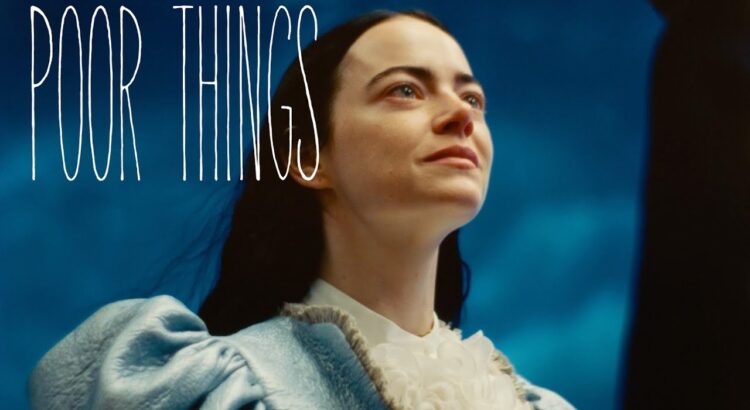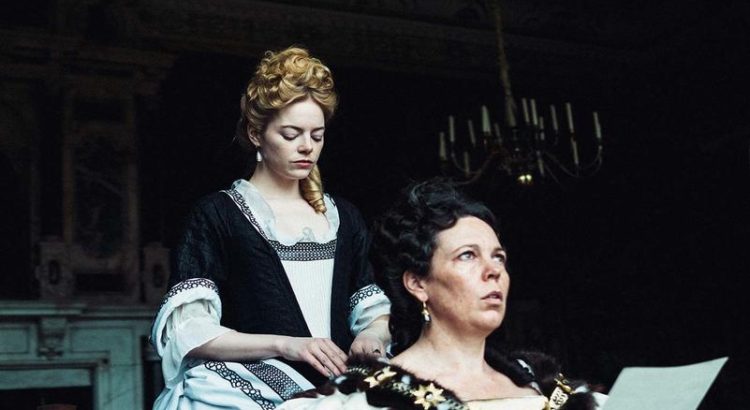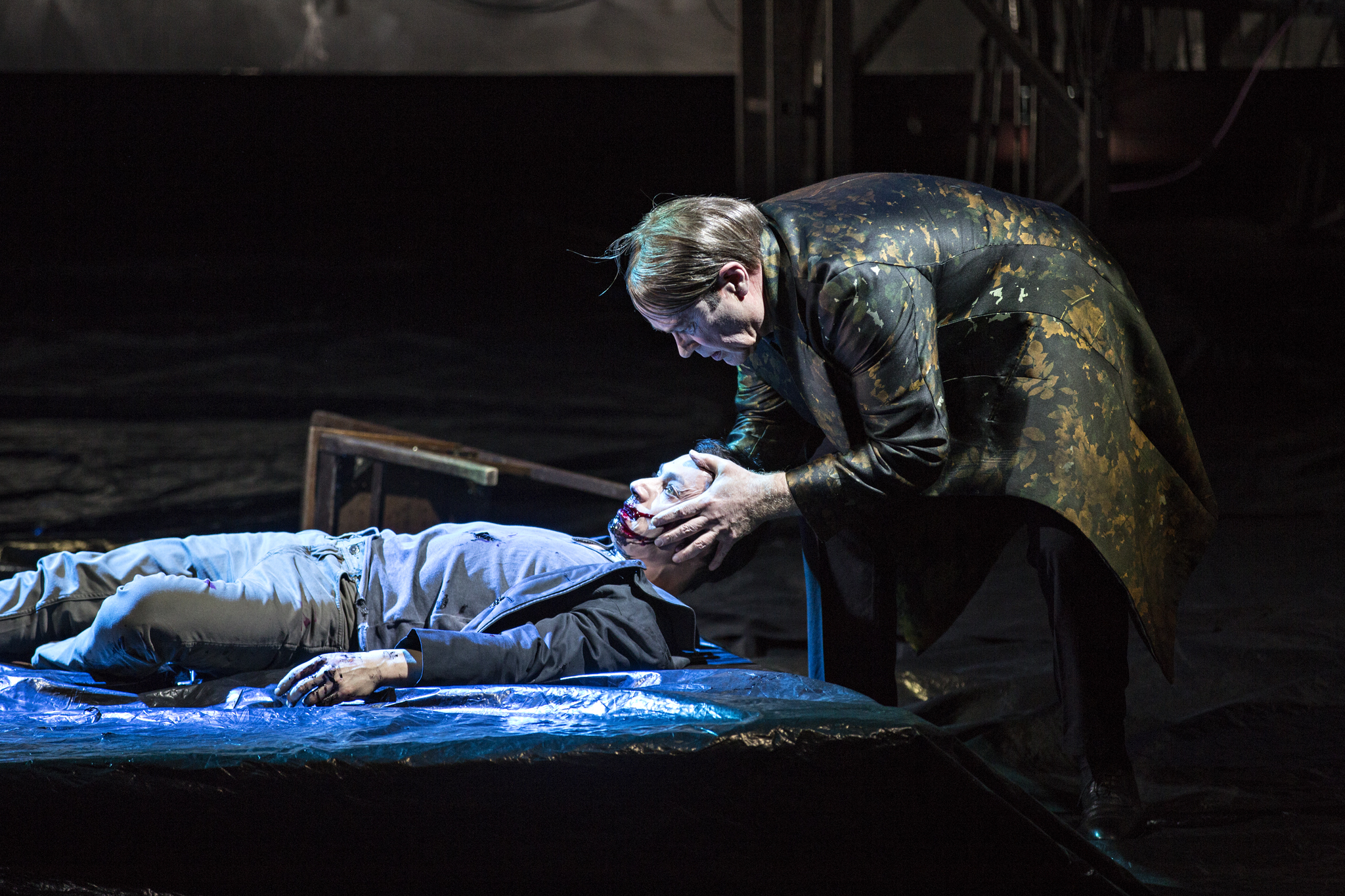Welcome to the fantastical world of Yorgos Lanthimos’s Poor Things. The 2023 film is based on the 1992 book by Scotsman Alasdair Gray, a riff of the well-known Frankenstein with some rather venereal counterplots. With an abundance of Golden Globe, BAFTA, SAG, and Academy nominations, Poor Things has thoroughly charmed modern cinemas.
Bella Baxter (Emma Stone) is the culmination of a creepy science experiment by a uniquely kind mad scientist, Godwin Baxter (Willem Dafoe), giving a woman driven to suicide a second chance—with the brain of her unborn infant. Bella matures quickly, first discovering her balance, gravity, and empathy, and eventually philosophy, sex, and personal fulfillment. Her developmental journey is natural, but odd perceived from a fully developed women’s body. Godwin maintains a careful grip over Bella’s freedom, supervising her alongside his collegiate assistant, Max McCandles (Ramy Youssef).
Bella ultimately winds up following the conniving lawyer Duncan Wedderburn (Mark Ruffalo) across Europe on an expensive bender, fueling Wedderburn’s desire for passive companionship and Baxter’s ache for adventure. The two create quite the disruptive pair, while Bella meets a selection of romantic partners and friends, and sees true inequality for the first time.
The narrative consistently intrigues with its quasi-realism, engrossing the reader completely in a sci-fi-coated London. Each character is extremely animated, like that of a children’s book. Stone effortlessly captivates Bella’s inner yearning for adventure and search for truth. She is curious and unafraid—a portrait of young women without society’s ruminating judgment. Bella has a fearless curiosity and confronts the world as such. It left me in a state of reflection watching a young woman discover life with (mostly) her own free will without the knowledge or care of society’s judgment placed upon her.
(Ramy Youssef (left) and Willem Dafoe)
The design presents a nod to the Victorian elements of Frankenstein while exploring fantastical sci-fi embellishments that separate our reality from that of Poor Things. It brought home Academy Awards for Best Costume Design, Best Design, and Best Make-Up and Hair, (as well as Stone for Best Actress)—an unsurprising selection of accolades, in my opinion. The Academy clearly agrees that Frankenstein never went out of style.
141 minutes. Rated R for nudity, lots of sex, and disembowelment. In theaters now.
Image thanks to The New York Times and Fast Company.













